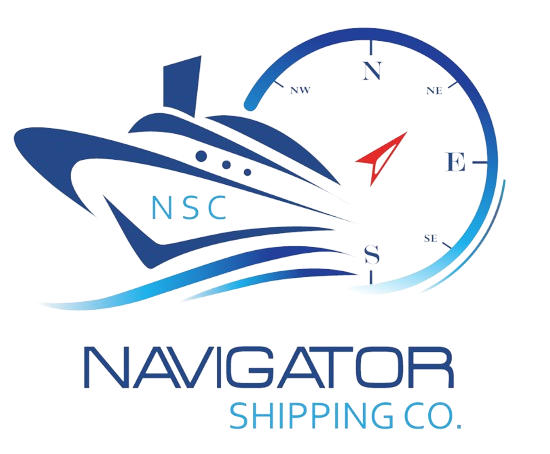The Integral Role of Protective Agents in Libyan Ports: A Comprehensive Guide
Introduction The maritime industry, a cornerstone of global trade, relies heavily on the efficient operation of ports and shipping lines. In this intricate network, Libyan ports stand as critical junctures in the Mediterranean trade routes. This article delves into the pivotal role of Protective Agents in these ports, unraveling their responsibilities, challenges, and the importance of their role in ensuring smooth maritime operations.
Understanding the Role of a Protective Agent A Protective Agent is a specialized maritime service provider, primarily engaged by ship owners and operators to represent their interests in ports where they do not have a direct presence. In Libya, where local customs and practices can be unique and sometimes challenging, the role of a Protective Agent becomes even more significant.
Key Responsibilities
Operational Oversight: Protective Agents monitor the loading and unloading processes, ensuring that operations adhere to the agreed terms. They oversee the handling of cargo, checking for any discrepancies or damages.
Regulatory Navigation: They ensure compliance with both local port regulations and international maritime laws, a task that requires up-to-date knowledge and expertise.
Dispute Resolution: Acting as mediators, these agents resolve conflicts between ship crews and local authorities or service providers, mitigating potential delays or legal issues.
The Libyan Context Libyan ports, including the major hubs of Tripoli, Benghazi, and Misrata, are gateways to Africa and Europe. However, they present unique challenges:
Regulatory Complexity: Frequent changes in local regulations and the need for liaising with various authorities.
Infrastructure Variabilities: Differing capabilities and facilities across ports necessitate tailored approaches for each location.
Political Dynamics: The evolving political landscape in Libya can impact port operations and requires agents to be continually informed and adaptable.
Protective Agents and LinkedIn Networking In the digital age, platforms like LinkedIn are invaluable for maritime professionals. They offer opportunities to:
Connect: Building a network with experienced Protective Agents and industry experts specialized in Libyan ports.
Stay Informed: Accessing the latest updates, regulatory changes, and market insights pertinent to Libyan ports.
Share Knowledge: Discussing experiences and best practices, contributing to a collective understanding of the nuances of operating in these ports.
Challenges Faced by Protective Agents
Navigating Political Instability: The fluctuating political environment in Libya can pose risks and operational uncertainties.
Cultural and Language Barriers: Effective communication with local authorities and service providers is crucial.
Infrastructure Constraints: Dealing with limited or varying port facilities requires flexibility and resourcefulness.
The Future of Protective Agents in Libyan Ports As Libya continues to evolve politically and economically, the role of Protective Agents is expected to become more integral. Their expertise will be crucial in navigating the complexities of this dynamic environment, ensuring that Libyan ports remain efficient and reliable nodes in the global maritime network.
Conclusion The role of Protective Agents in Libyan ports is multifaceted and indispensable. Their expertise ensures that operations run smoothly, regulations are complied with, and conflicts are efficiently resolved. As Libya continues to develop its maritime infrastructure and political landscape, the demand for skilled Protective Agents is set to rise. For maritime professionals, understanding and leveraging the role of these agents, especially through platforms like LinkedIn, is crucial for successful operations in Libyan ports.
Further Readings and Resources For those seeking to deepen their understanding of this field, the following resources are recommended:
Maritime Regulations in Libya: An In-Depth Analysis
Networking in the Maritime Industry: Leveraging LinkedIn for Success
Case Studies: Effective Protective Agent Interventions in Libyan Ports
This article offers a comprehensive insight into the role and significance of Protective Agents in the unique context of Libyan ports. Understanding their responsibilities and challenges is key to navigating the complexities of maritime operations in this region.
